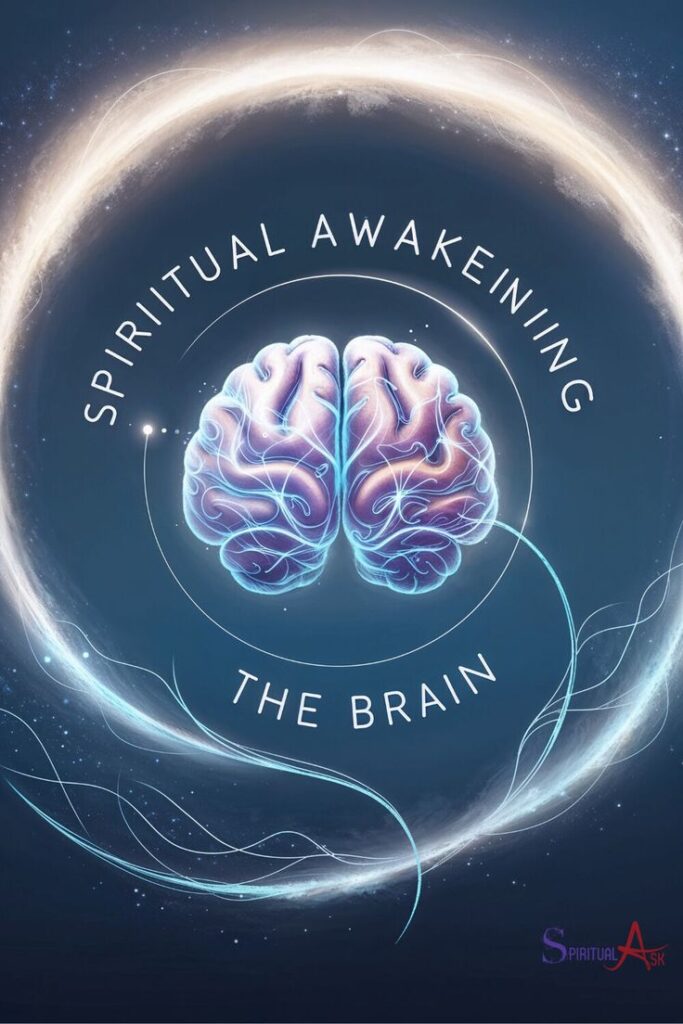
In today’s fast-paced and stressful world, the search for peace, balance, and emotional resilience has become more important than ever. While science and therapy play critical roles in supporting mental health, spirituality is emerging as a powerful, often overlooked ally in mental well-being. From calming the mind to fostering inner strength, spirituality offers tools and perspectives that can significantly boost mental health.
But what exactly is spirituality, and how can it help our mental health? Let’s explore in depth.
What is Spirituality?
Spirituality is a broad concept that varies from person to person. At its core, it involves a sense of connection to something greater than oneself, which could be God, the universe, nature, or the deeper self. Unlike religion, which is often organized around specific doctrines and practices, spirituality is more personal and experiential.
Some key elements of spirituality include:
- Mindfulness and presence
- Purpose and meaning in life
- Connection and compassion
- Gratitude and acceptance
These elements have a direct and profound impact on mental well-being.
The Connection Between Spirituality and Mental Health
Research shows that people who engage in spiritual practices often report lower levels of anxiety, depression, and stress, along with higher levels of life satisfaction, peace, and resilience.
Here are some of the main ways spirituality improves mental health:
1. Finding Meaning and Purpose
A strong sense of purpose is linked to better psychological health. Spirituality helps individuals:
- Discover deeper meaning in life’s challenges
- Build resilience during tough times
- Stay focused on long-term goals and values
Having a purpose gives you a reason to keep going, even when life feels overwhelming.
2. Promoting Mindfulness and Inner Peace
Many spiritual practices like meditation, prayer, and chanting help you stay present. Being in the moment:
- Reduces overthinking and worry
- Improves concentration
- Encourages emotional stability
Spirituality invites you to pause, reflect, and reconnect with your true self, which naturally calms the mind.
3. Enhancing Emotional Resilience
Spiritual people often approach difficulties with acceptance and hope. This mindset fosters:
- Emotional flexibility
- Better coping mechanisms
- Lower chances of burnout
Belief in a higher power or universal order helps individuals see challenges as opportunities for growth.

Common Spiritual Practices That Boost Mental Health
You don’t need to follow a specific religion to practice spirituality. Here are some common practices that are known to support mental well-being:
1. Meditation
Regular meditation has been shown to:
- Reduce symptoms of anxiety and depression
- Improve mood and emotional balance
- Promote self-awareness and clarity
Whether it’s mindfulness, transcendental, or mantra meditation, this practice helps you connect to your inner calm.
2. Gratitude Practice
Gratitude is a spiritual mindset that shifts your focus from what’s missing to what’s already abundant. Keeping a gratitude journal:
- Improves positivity
- Decreases depressive symptoms
- Enhances overall happiness
Daily reflection on things you’re thankful for can rewire your brain for joy.
3. Prayer or Affirmations
Engaging in prayer or reciting affirmations creates a sense of comfort, safety, and hope. These practices help:
- Reinforce positive thoughts
- Develop faith in the future
- Reduce feelings of isolation
Whether directed to a deity or the universe, prayer is a powerful tool for emotional support.
4. Spending Time in Nature
Nature is inherently spiritual. Walking in a forest, sitting by a river, or watching the sunset can:
- Reduce stress and anxiety
- Boost mood and vitality
- Reconnect you with the rhythms of life
Nature grounds you and helps restore mental balance.
5. Selfless Service (Seva or Volunteering)
Helping others without expecting anything in return generates a deep sense of fulfillment and connection. It:
- Builds empathy and compassion
- Reduces feelings of loneliness
- Enhances emotional health
Spiritual service strengthens community ties and inner contentment.
The Science Behind Spirituality and Mental Health
1. Neuroscience and Spiritual Practices
Research using brain scans has found that spiritual practices like meditation and prayer activate brain regions involved in:
- Emotional regulation
- Empathy
- Focus and memory
These areas include the prefrontal cortex and anterior cingulate cortex, which are essential for good mental health.
2. Hormonal and Physiological Effects
Spiritual activities have been shown to:
- Lower cortisol (stress hormone) levels
- Increase oxytocin (the bonding hormone)
- Improve heart rate variability (a sign of better stress response)
This leads to reduced physical symptoms of anxiety and stress.
3. Spirituality and Longevity
Studies indicate that spiritually engaged people live longer, healthier lives. They tend to have:
- Stronger social networks
- Better immune function
- Lower risk of chronic diseases
All of these contribute to better mental health over the lifespan.

Spirituality vs. Religion: Is There a Difference?
While often used interchangeably, spirituality and religion are different:
| Spirituality | Religion |
|---|---|
| Personal and individual | Institutional and communal |
| May or may not include belief in God | Often involves worship of a deity or deities |
| Focus on inner peace and growth | Focus on moral codes, rituals, and community |
You can be spiritual without being religious, and both paths can offer mental health benefits.
Real-Life Examples: How People Use Spirituality for Mental Health
Case Study 1: A Professional Coping with Burnout
Priya, a 35-year-old IT professional, was facing severe burnout. She began practicing mindfulness meditation and reading spiritual texts. Over time:
- Her anxiety levels dropped
- She gained clarity about her life goals
- She began prioritizing self-care
Spirituality helped her reset her life and mental state.
Case Study 2: A College Student Battling Depression
Aman, a 21-year-old college student, suffered from depression and loneliness. He joined a community meditation group and started journaling his spiritual insights. Gradually:
- His self-esteem improved
- He felt more connected to others
- His depression symptoms lessened
Spiritual practices gave him a sense of belonging and hope.
Spirituality in Therapy: A Growing Trend
Today, many therapists are integrating spirituality into their approach. This is called spiritually integrated psychotherapy, and it includes:
- Discussing a client’s belief system
- Using meditation or mindfulness techniques
- Exploring existential questions and purpose
This integrative approach is especially effective for clients who value spirituality in their lives.
Benefits of Spirituality for Mental Health at a Glance
Here’s a quick summary of how spirituality boosts mental well-being:
- 🌿 Reduces stress, anxiety, and depression
- 🧘 Increases self-awareness and emotional regulation
- 💖 Encourages compassion and forgiveness
- 🌟 Provides purpose and direction
- 🌈 Fosters inner peace and acceptance
- 🤝 Builds social connection and empathy
Tips to Start Your Spiritual Journey for Better Mental Health
If you’re new to spirituality, here are some beginner-friendly steps:
1. Start a Daily Meditation Practice
Just 10 minutes a day can make a huge difference. Use a guided meditation app or sit in silence focusing on your breath.
2. Read Spiritual Books
Books like The Power of Now by Eckhart Tolle or The Untethered Soul by Michael Singer offer deep insights into spiritual living.
3. Keep a Spiritual Journal
Write about your thoughts, insights, dreams, or questions. Reflecting on your inner journey helps you grow.
4. Join a Community or Group
Whether it’s a meditation circle, spiritual book club, or religious group, connecting with others strengthens your journey.
5. Practice Kindness and Compassion
Make an effort to act with love and empathy. This spiritual habit directly improves mental health.
Final Thoughts: Embrace Spirituality to Heal from Within
In the chaos of modern life, spirituality acts as a guiding light. It brings you closer to your authentic self and helps you navigate mental health challenges with grace, strength, and clarity. Whether through meditation, prayer, or silent reflection, spirituality offers an inner sanctuary that no external situation can disturb.
You don’t have to follow a specific path—your spiritual journey is your own. But one thing is certain: when nurtured, spirituality becomes a powerful ally in your mental health and overall well-being.
